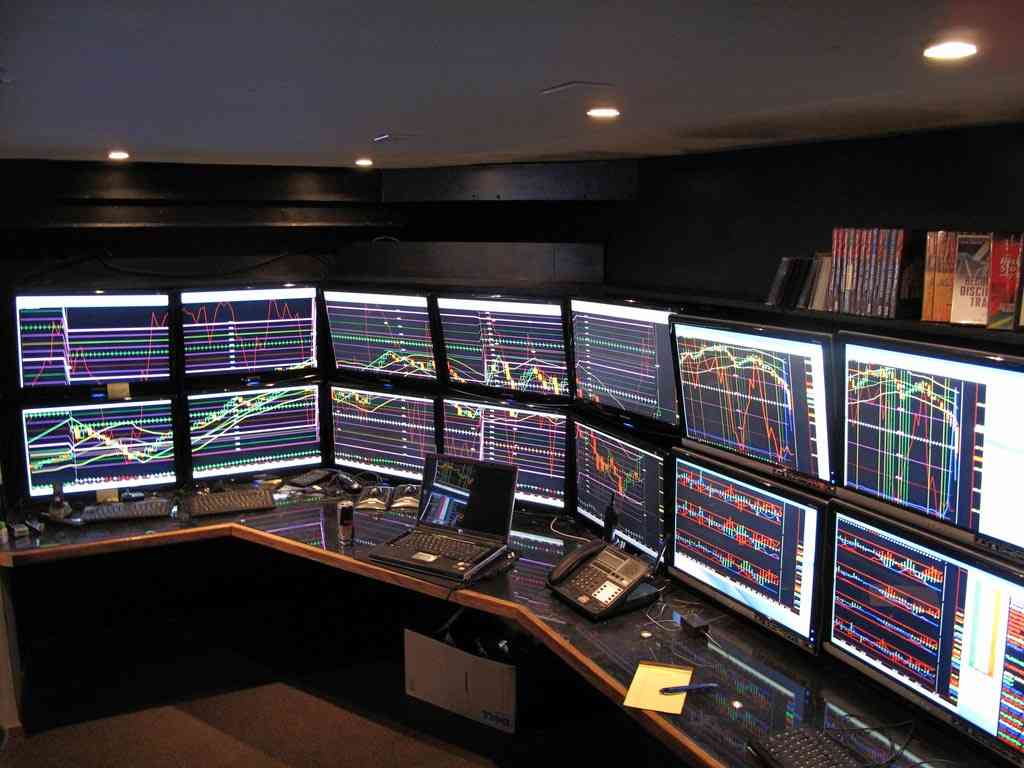I have been weaning myself away from Microsoft products these past few years. First to go was Microsoft Outlook. Then Microsoft Office. And then recently, I am finally rid myself of the last Microsoft product that I have--Windows XP. I have been using Ubuntu for the past two months now. Linux is certainly a lot easier to use now than years ago when Red Hat was the most popular distribution. I installed Ubuntu and the system was ready to use. No more hunting for linux drivers or installing packages one by one. Ubuntu was ready for use right off the bat. The first couple of weeks was awkward as there are many differences between Ubuntu and Windows. I often find myself searching online to see how to perform some trivial tasks. Setting up the Ubuntu system to just the way I wanted took some time and IT skills. But after the initial learning curve of about a week, I am very satisfied. Both Windows and Ubuntu have their pros and cons (there are plenty of comparisons online, so I won't compare them here), I wouldn't say one is better than other. As a skilled computer user, I am fine either way. The primary use of my computer is for running my automated strategies and quant programming. As such, system stability is a top priority for me. Which is why I decided to try Linux in the first place. So far, Ubuntu hs lived up to its expectations. I ran the JForex platform non-stop for days in addition to my regular heavy usage without any hiccup or slowdown. Having made the switch, I will be sticking with Ubuntu for the following reasons:
- It works.
- It is stable.
- It is free.
- It is fully customizable.
- It integrates with other open source software that I use.
- I like how it is always up-to-date to fix bugs and security holes.
- It runs much better than XP (although that's an unfair comparison as XP is old).

